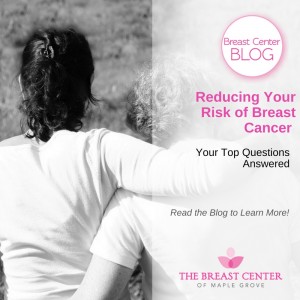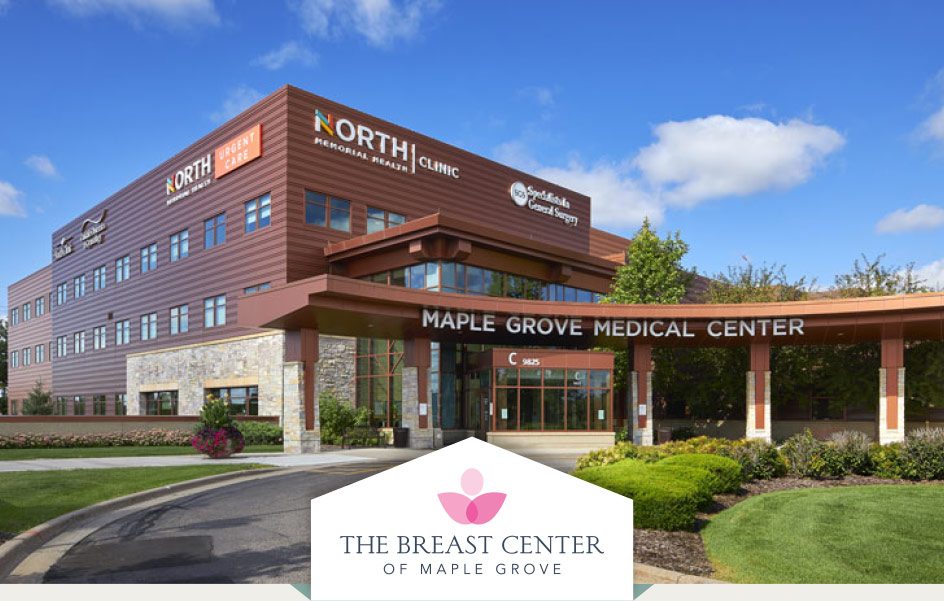 Reducing your risk of breast cancer is possible. While there is no guaranteed way to prevent the disease, you can reduce your risk of breast cancer through three simple lifestyle changes.
Reducing your risk of breast cancer is possible. While there is no guaranteed way to prevent the disease, you can reduce your risk of breast cancer through three simple lifestyle changes.
- Reduce Your Risk for Breast Cancer: Maintain a Healthy Weight
The risk of breast cancer is higher in women who are overweight or obese, especially weight gain occurs after menopause. Get to your ideal weight by eating a diet rich in fresh fruits and vegetables, lean meats, and whole grains. Don’t feel guilty about enjoying an occasional sweet treat; it’s easier to stick to a diet plan when you don’t feel deprived. Try dark chocolate, which is rich in antioxidants, or oatmeal raisin cookies, which have more fiber than a typical dessert. - Reduce Your Risk for Breast Cancer: Get Regular Exercise
Women who are physically active have a lower risk of developing breast cancer than women who are inactive. In fact, exercise is one of the best things you can do for your overall health. Exercise helps strengthen bones and muscles, improve your mood, and reduce your risk for cardiovascular disease, diabetes, and certain cancers including breast cancer. Most healthy adults should get about 30 minutes of moderate aerobic activity every day or about 90 minutes of vigorous aerobic activity every week. Try making a habit of taking a brisk walk after lunch or dinner to meet your exercise goals. - Reduce Your Risk for Breast Cancer: Limit Alcohol Intake
Studies show that the more alcohol you drink, the higher your risk for certain cancers, including breast cancer. According to the American Cancer Society, women who have 1 alcoholic drink a day have a small increase in risk, and women who have 2 to 5 drinks a day have about 1.5 times the risk of developing breast cancer. Most experts recommend women consume no more than 1 alcoholic drink per day.
Get Your Annual Mammogram
A mammogram can save your life. Mammograms can help to diagnose breast cancer in an early stage, when treatments tend to be more effective and survival rates are highest. Mammograms can find breast cancers that are too small to be felt during an exam, and before they may cause noticeable symptoms. For most women at average risk, annual mammograms are recommended beginning at age 40. If you haven’t had your mammogram yet this year, The Breast Center of Maple Grove makes it easy to fit a mammogram into your busy schedule. Evening hours, same-day appointments, and walk-in appointments are available.
